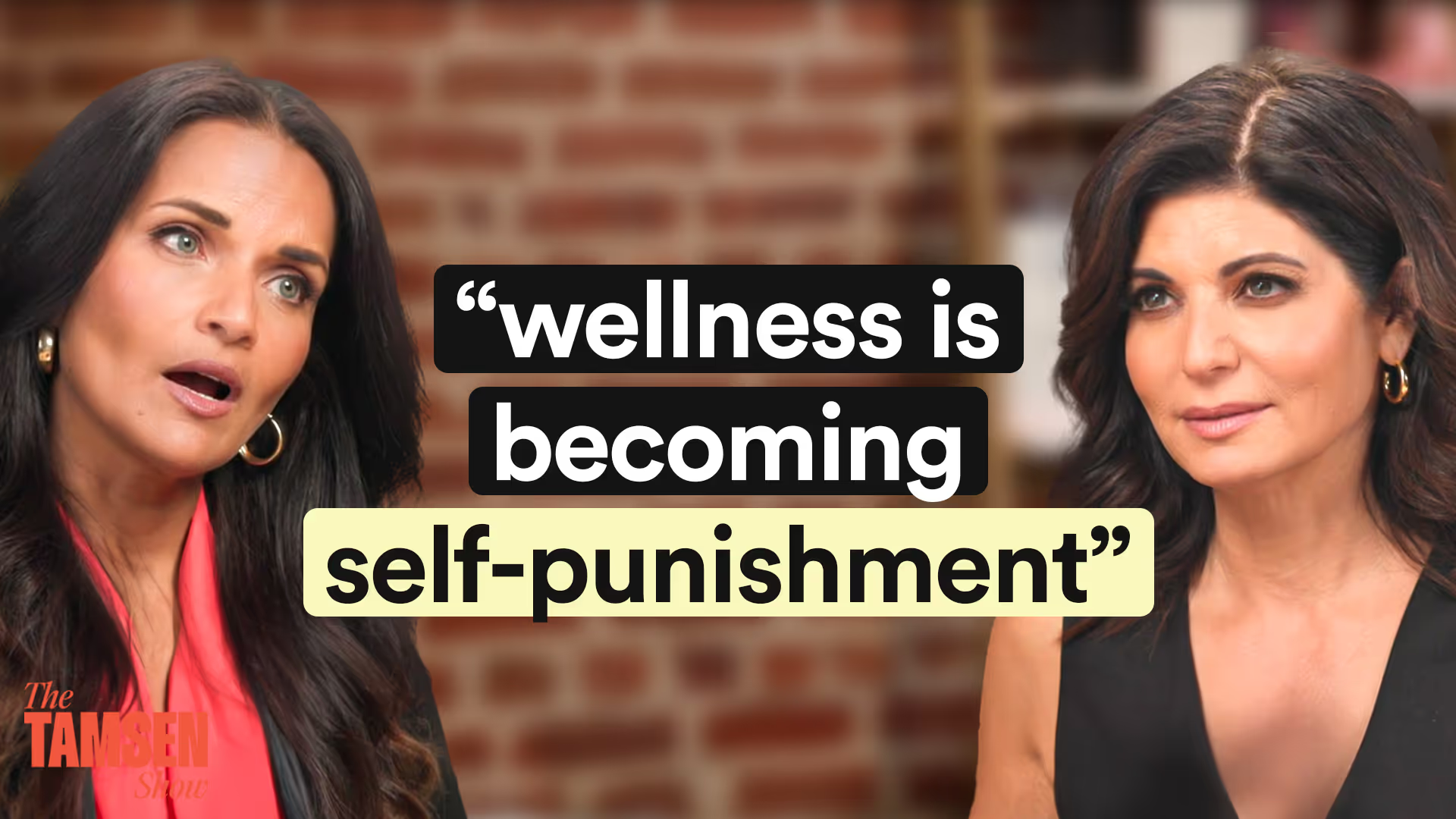Have you ever had moments where your hands and feet feel like they were being pricked with pins and needles? Tingling extremities during menopause can be an unsettling and distressing symptom. Significant hormonal changes occur during menopause, particularly the decline in estrogen and progesterone levels. These hormonal fluctuations can affect the nervous system, leading to sensations of tingling or numbness in the extremities, often referred to as "paresthesia." Estrogen plays a crucial role in maintaining nerve health and function. When estrogen levels drop, it can lead to changes in nerve conductivity and circulation, causing tingling sensations. Other factors such as anxiety, stress, and poor circulation can worsen these symptoms. Understanding these changes can help in finding effective ways to manage tingling extremities.
What are the sensations of tingling extremities?
These tingling feelings can seem worrisome, but please know they are a confusing but normal symptom of menopause. They impact daily activities and prevent us from focusing on the things we want to spend our time on. Here are some of the sensations you may experience - are any of these familiar?:
- Pins and needles: A prickling sensation like a part of the body falls asleep
- Numbness: A temporary loss of sensation, often in your feet or hands
- Burning: A hot, radiating feeling in the extremities
- Tingling: A persistent static-y feeling
- Crawling: A sensation as if insects are crawling on or under the skin.
- Increased sensitivity: Feeling highly sensitive to touch and pressure
How can I manage tingling extremities during menopause?
Healthy diet
Maintaining a balanced diet rich in fruits, vegetables, whole grains, lean proteins, and healthy fats is crucial. Foods high in B vitamins, such as leafy greens, beans, and whole grains, are particularly essential for nerve health. Drinking plenty of water throughout the day to stay hydrated and support overall health is also important. Aim for eight full glasses of water a day!
Regular exercise
Engaging in regular aerobic activities such as walking, swimming, or cycling. These can greatly improve blood flow and help reduce tingling sensations. Mix in some strength training can build muscle mass and support overall health. Also including stretching and flexibility exercises, such as yoga or Pilates, can improve circulation and nerve function.
Manage your stress
Practicing relaxation techniques such as deep breathing, progressive muscle relaxation, or guided imagery can manage stress. Reducing your stress can also reduce anxiety, which exacerbates tingling sensations. Engaging in mindfulness practices and meditation can improve focus, reduce stress, and promote emotional well-being.
Adequate sleep
Establishing a consistent sleep routine by going to bed and waking up at the same time every day is essential. Creating a comfortable sleep environment and avoiding screens before bedtime can improve sleep quality. If sleep problems persist, discussing them with your healthcare provider to identify and treat underlying causes is important.
Monitor symptoms
Tracking your tingling symptoms, noting when they occur, their intensity, and any potential triggers can help you and your healthcare provider develop an effective management plan. Regular check-ups with your healthcare provider to monitor your overall health and discuss any concerns are also crucial.
Medical interventions
If tingling extremities are frequent or severe, it’s important to consult with your healthcare provider. You can get tests to rule out any underlying medical conditions such as peripheral neuropathy, carpal tunnel syndrome, or thyroid disorders. Your doctor may prescribe medications to help manage these sensations if they are significantly affecting your quality of life. Also, consider meeting with your doctor about the option of hormone replacement therapy. HRT can help balance hormone levels and potentially reduce menopausal symptoms, including tingling sensations.
Supplements
Considering B vitamin supplements, particularly B6 and B12, which are essential for nerve health, may help. Magnesium, which supports nerve function, can also help reduce tingling sensations. Always consult your healthcare provider before starting any new supplement. Curious to learn more about supplements and the role they can play in your menopause treatment? Check out the list I put together about supplements that alleviated my symptoms.
Avoid triggers
Reducing intake of caffeine and alcohol is crucial for managing tingling sensations during menopause, as both can negatively impact circulation and nerve function. Caffeine can constrict blood vessels, limiting blood flow to the extremities and exacerbating nerve-related issues. Similarly, alcohol can dehydrate the body and disrupt normal nerve signaling, intensifying symptoms of tingling or numbness.
In addition to moderating caffeine and alcohol consumption, quitting smoking is essential. Smoking significantly impairs circulation by narrowing blood vessels and reducing oxygen supply to tissue and impact nerve function. Here are some types for replacing these habits and substances:
- Gradually decrease your consumption to minimize potential withdrawal symptoms
- Try replacing some of your caffeinated drinks with herbal teas or water infused with fruits - they’re both delicious alternatives and can help you transition!
- Seek help from friends, family, or support groups
- If you’re a smoker, consider using nicotine replacement therapies
- Engage in regular physical activity and relaxation techniques to manage cravings and reduce stress
Stay Active:
Working with a physical therapist to develop a personalized exercise program that includes balance and coordination exercises can be a highly effective way to manage tingling sensations experienced during menopause. Physical therapists are trained to understand the intricacies of the body's musculoskeletal and nervous systems and can tailor exercises and new habits to address your menopause symptoms.
- Balance training: These kinds of exercises can improve stability and reduce the risk of falls, which is particularly important if tingling sensations affect your feet and legs. Moreover, improved balance can lead to better coordination and less strain on your nerves, potentially reducing the frequency and intensity of tingling sensations.
- Coordination training: Coordination exercises focus on improving the smooth, efficient movement of your body. They help synchronize multiple muscle groups and can improve your ability to perform daily tasks without exacerbating nerve-related symptoms.
Tingling extremities during menopause can be alarming, but they can be effectively managed with a comprehensive approach. Maintaining a healthy diet rich in essential nutrients supports nerve health, while regular exercise enhances circulation and reduces symptoms. Incorporating stress management techniques, such as mindfulness and relaxation exercises, can mitigate anxiety that might exacerbate tingling sensations. Ensuring adequate sleep is crucial, as poor sleep can worsen these symptoms. Additionally, medical interventions might be necessary for persistent or severe cases. Always consult with your healthcare provider to develop a personalized plan that suits your specific needs and health profile. These adjustments can help lessen the burden of tingling sensations. Menopause is already such a confusing time, lifestyle changes that can help your symptoms are so important!
Additional Resources:
Secrets To Thrive In Menopause: Download this free guide to learn my top secrets to thrive in menopause.
Menopause Symptom Tracker: Track your symptoms and get connected to physicians and organizations that can help you!
The information contained on this website is intended for informational and educational purposes only. It is not intended to be a substitute for the advice of an appropriately qualified and licensed physician or other healthcare provider.






.jpg)
.jpg)







